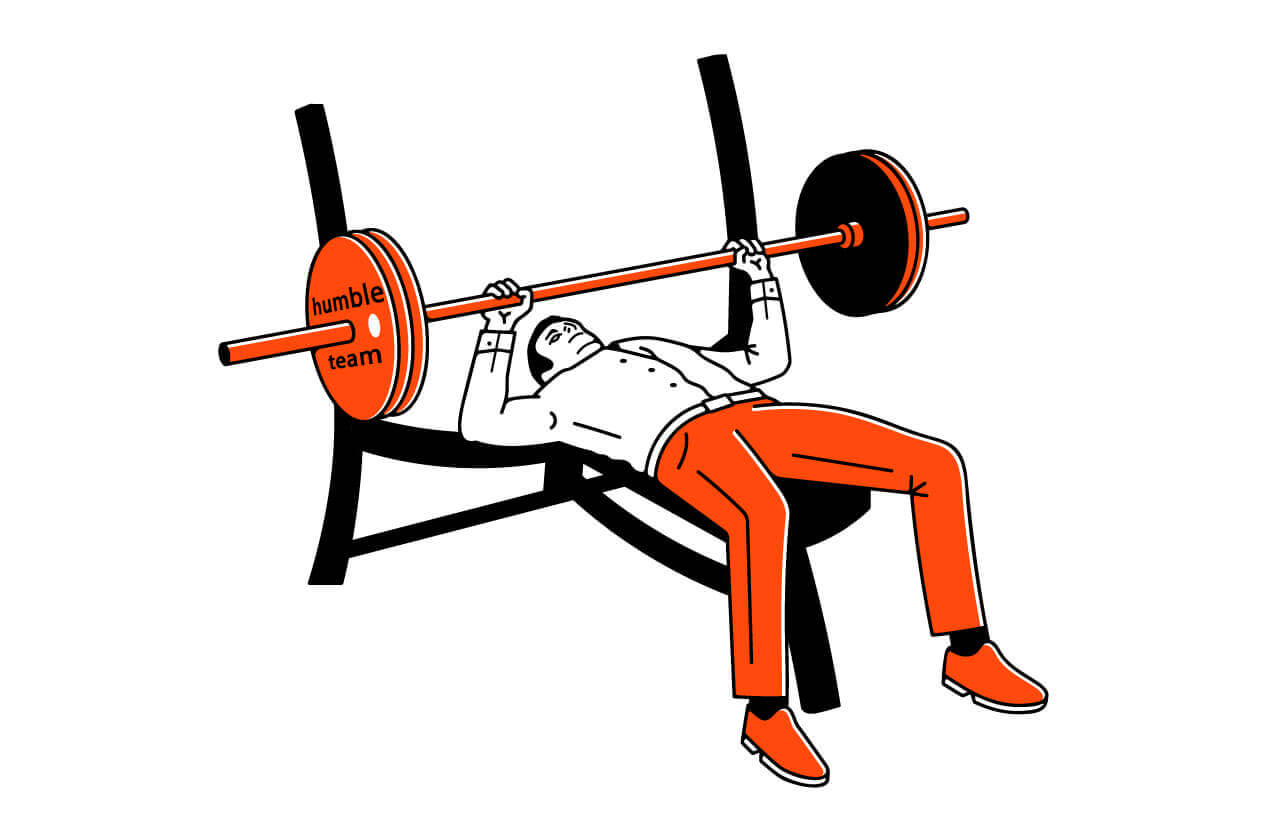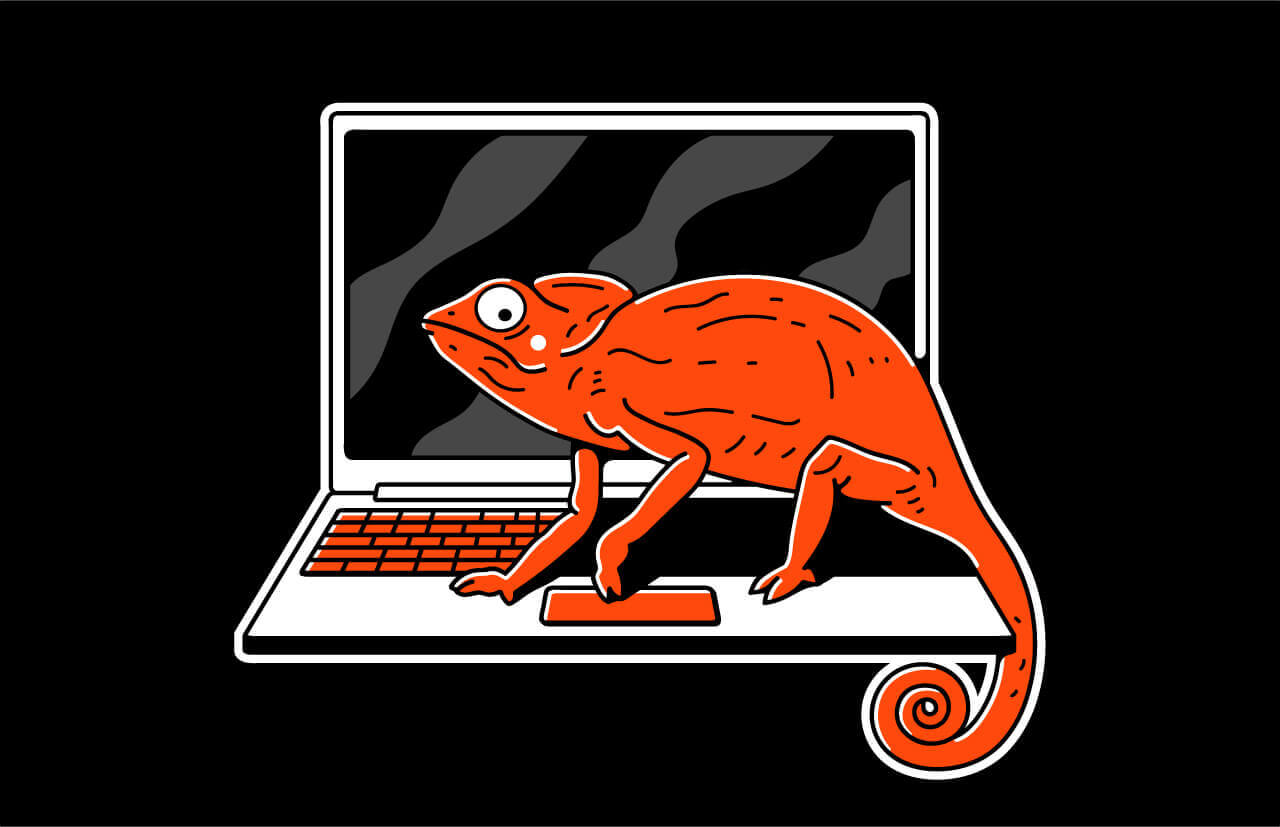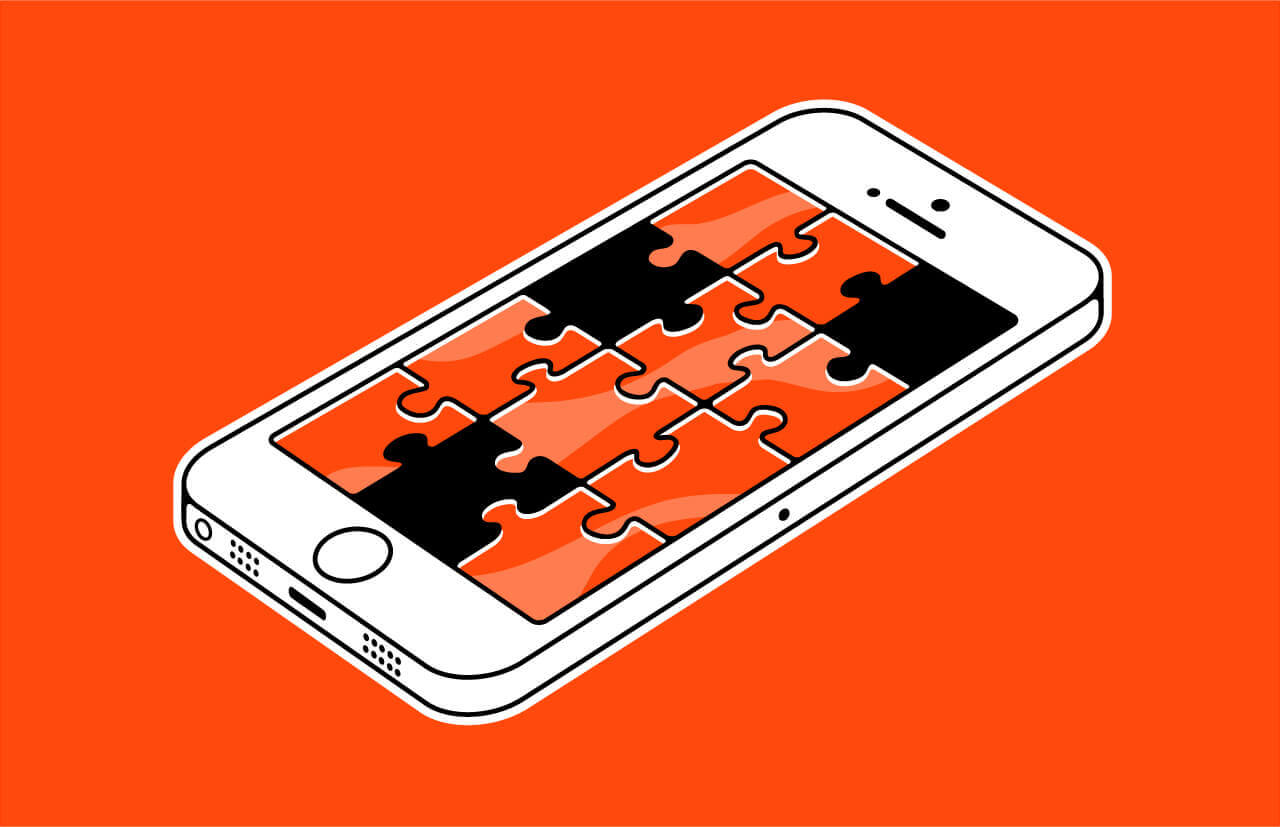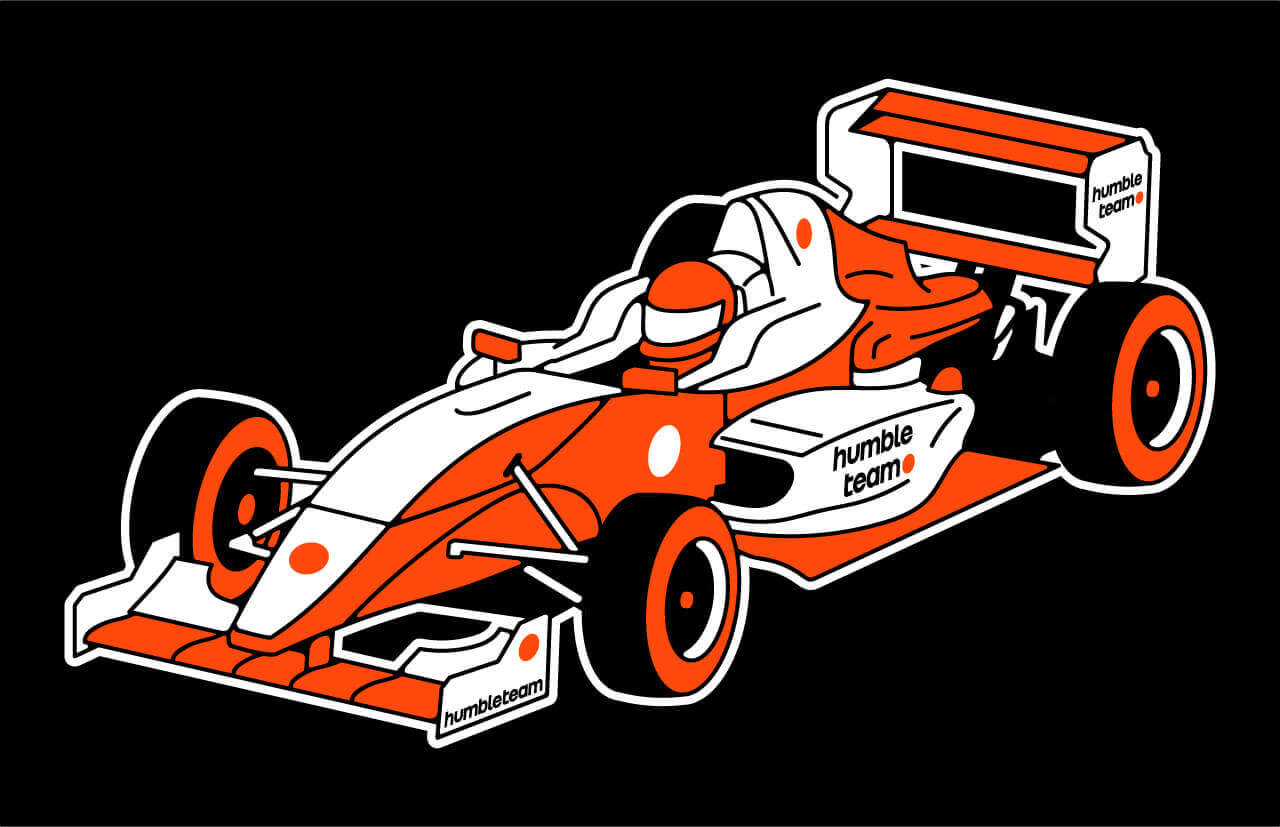Being an intern can mean many things. At some agencies it means that your most important job is to get coffee for the creative director. At Humbleteam it means something very different.
The goal of the Humbleteam Internship Program is to take young designers who have mastered the basics but are hungry for real-world experience, and put them on a fast track to become professional designers.
It’s a highly structured two-month program, where interns work at Humbleteam full-time, and under the supervision of experienced mentors.
In the first month, the focus is on basic training — task analysis, UX, UI, design processes and project management — using Humbleteam’s previous projects as reference. In the second month, interns work full-time on actual projects alongside senior designers, making real contributions to the design of the products they’re working on.
The internship is paid, and when it ends we may make interns an offer to join us. In fact, many of the designers working at Humbleteam today are former interns.
But enough about us!
We gathered four of our recently graduated interns and asked them how the program worked out for them. Here’s what they said.

What was your first impression of the internship?
Lesya: It was delightful! As a student you’re used to listening to lectures where professors talk about design, but that’s completely different from having a professional person supervising you and personally explaining things. At first, I couldn't even believe it.
Nina: On the first day, we went straight to work on Figma — an essential competence for a designer. I was waiting for a serious workload with different design tasks, and it was exactly the way I imagined!
Lyubov: On one of the first days we were told to develop an app for a smart teapot. Our task was to figure out how to organize a queue in an office with only one kettle. It was difficult, and none of us got it right. Then our mentors went through it with us, teaching us how to think about the problem in order to find the right solution.
Anastasia: I remember the second day very clearly. We were given a design task, and even though we all had some background in design we realized how much we still had to learn.
How did the first two months go in general?
Nina: I did not expect that there would be such close contact with the team and real-world experience with the tasks. We were quickly accepted into the team, and it was very pleasant. It was cool that there was support from many mentors. You could call them at any time and ask for help or advice. There was constant feedback.
Anastasia: It was hectic. In the first couple of weeks, I fell asleep right after the end of the working day — a lot of emotions, a lot of new knowledge. You get so tired that you don't have energy for anything else.
Why did you apply at Humbleteam?
Anastasia: I liked the projects that Humbleteam does — that’s the level that I've always aspired to. I also like the friendly, informal atmosphere in the team. At university, there was more hierarchy. The internship helped me rethink communication within the team in general.
Lyubov: I liked that there is a career development plan. In my first week I was told, “Our goal is that in a year you will be able to take on independent projects.” Designers aren’t left to themselves, and everyone takes an interest in your rapid growth. For example, there is an internal event HumbleTuesday where designers share their experiences. This factor is crucial for me. I was lucky to get into the Humbleteam!

critical web design mistakes to avoid
What was your experience working with clients?
Nina: We practiced presenting concepts and designs to the client, and afterwards reviewed the main mistakes in communication and possible technical problems in Figma. I especially liked receiving all-round feedback — we saw what’s passed on to the developers, and we received feedback from the client himself. This way you get a clear vision of the big picture, and a clear understanding of what you need to work on.
Anastasia: It was such a pleasure to get to work on a real product. During my internship I worked on digitalprojects for one of the biggest banks in the U.S. and for the Swiss restaurant management startup.
Lyubov: Every project was fascinating to me. In general every project is unique. Usually there is no competing product with the same functionality, so you have to think outside the box to come up with it from scratch. So, there was no room for boredom.
What advice would you give to future interns?
Lesya: Ask more questions! It’s better to clarify everything right away than having to do it later. Nobody bites you for asking questions at Humbleteam!
Anastasia: Get a good night's sleep before the internship. There is a lot to learn. In the process, you realize all the things you don’t know, and you continue to study after work. It's great, totally immersive, exciting, but it takes a lot of resources.
Lyubov: In the first week, I got very anxious because I had never created an application before, and I didn't know how to deal with it. I was frustrated at first, but then I realized that it's impossible to think strategically when you are so stressed out. Eventually, everything worked out. The lesson here is that you just need to try. When you encounter a problem for the first time it’s completely okay to not know how to solve it!
What did you learn during your internship?
Anastasia: My understanding of design and approach has changed. At university, the courses focus on design in terms of usability, UI, UX. But the internship really made me take a systematic approach to problem-solving, and get an understanding of UX from a business point of view.
Lesya: I’m much faster when working with software — that was very useful to me. I have a copybook full of notes. I also learned how to deal with any task - step by step — from briefing clients to collecting prototypes, content, etc.
Nina: I increased the speed of work in Figma, acquired independence in completing the task, a more accurate understanding of the design requirements, a broader outlook in design in general.
Lyubov: I had never worked in a team before, and never worked as a designer, so at the very beginning, everything was very stressful. I was always very worried. I still am, a little, but it's much easier now. We also improved our spoken English — there was a week when we communicated exclusively in English. I realized that I needed to practice more.
Lesya: It was great to have an opportunity to work on a project with a mentor, to hop on the calls with clients, interview users and so on. It's just impossible to get such an experience elsewhere — it's not something that a course at university can give you.
Want to apply for an internship at Humbleteam? We’ll announce the next round on our social channels. Follow us for updates:
Also, subscribe to hear about legendary business pivots on our CTRL SHIFT podcast.





